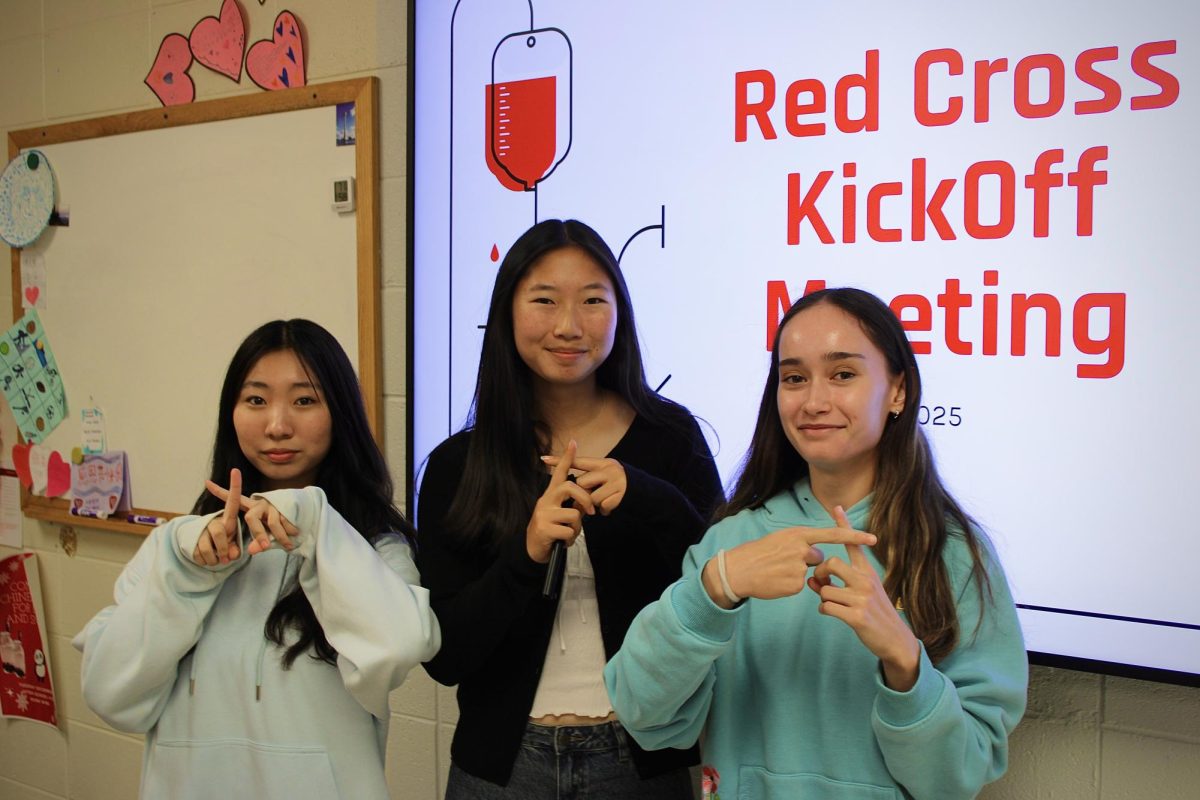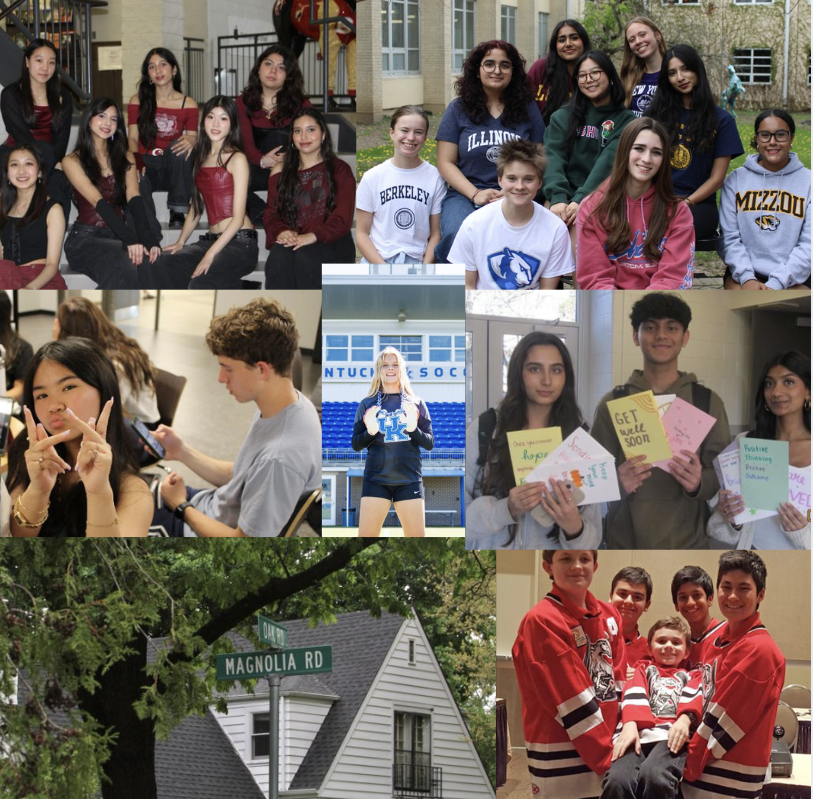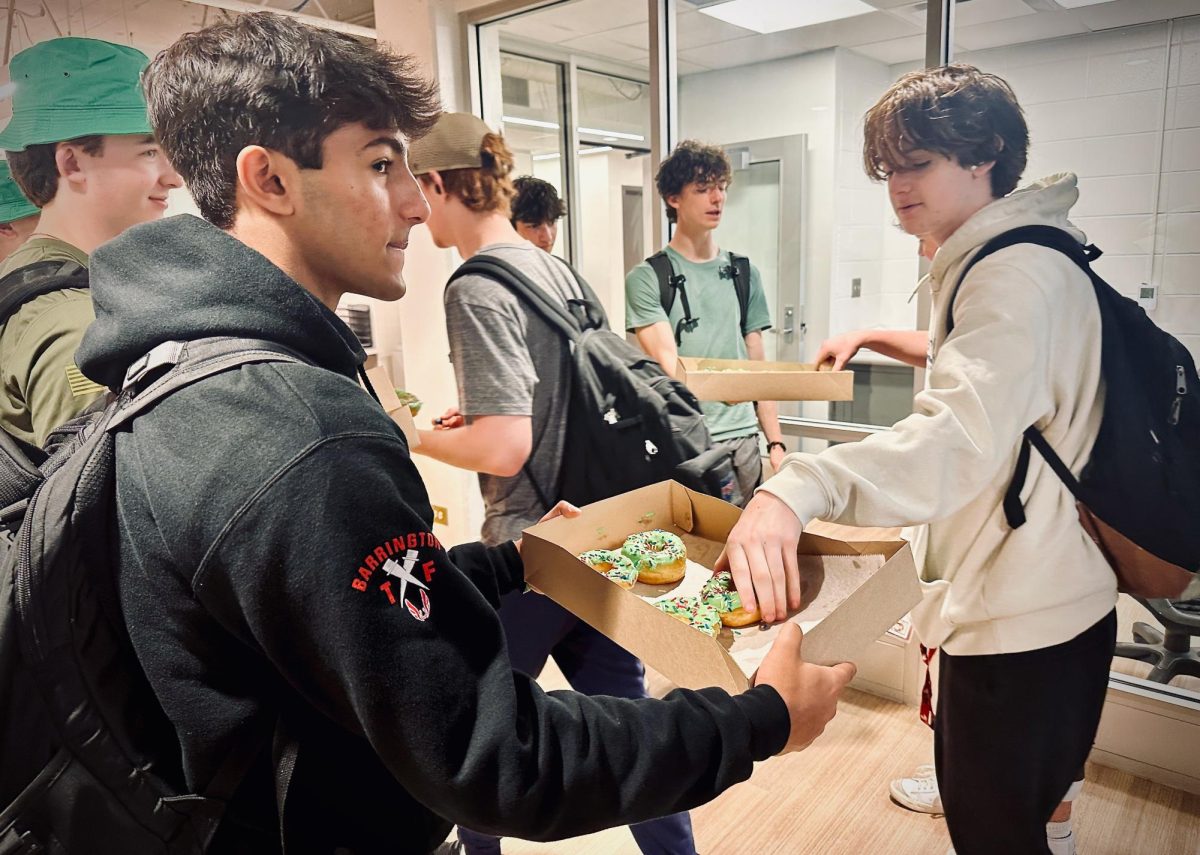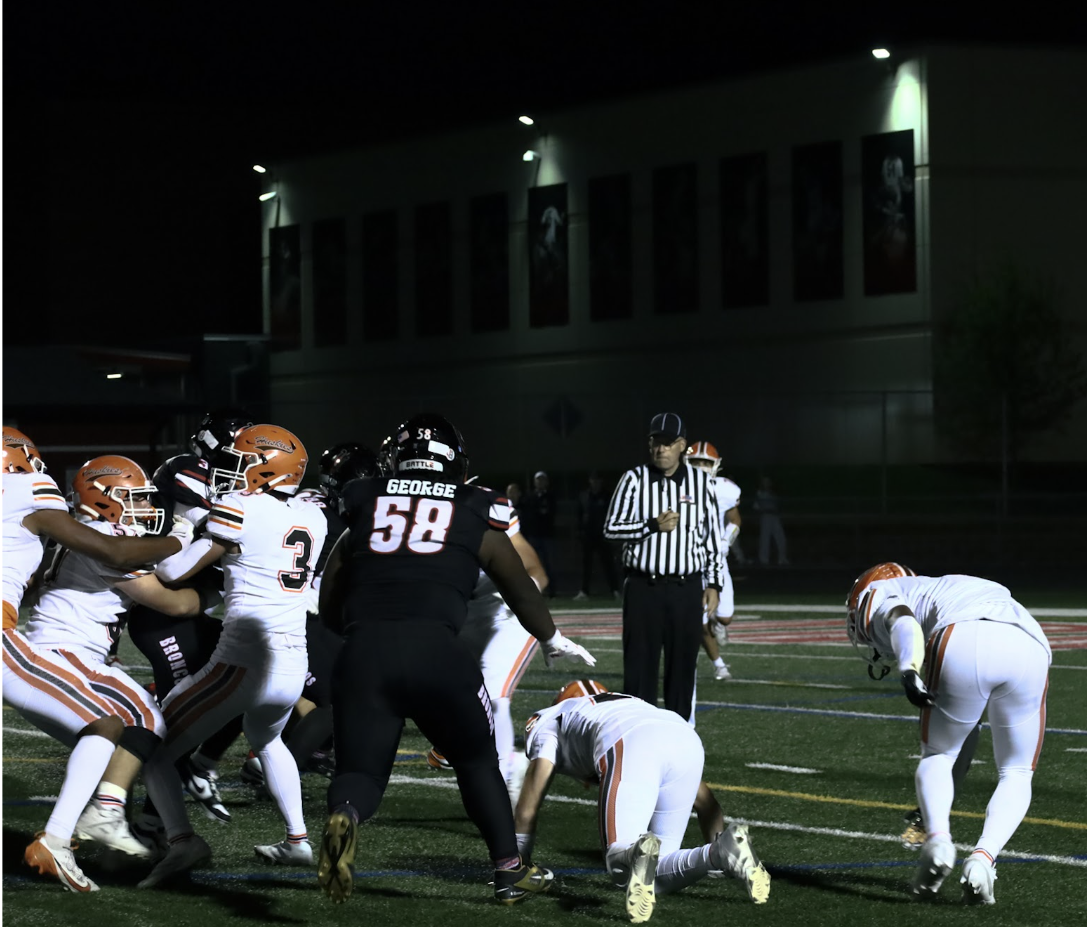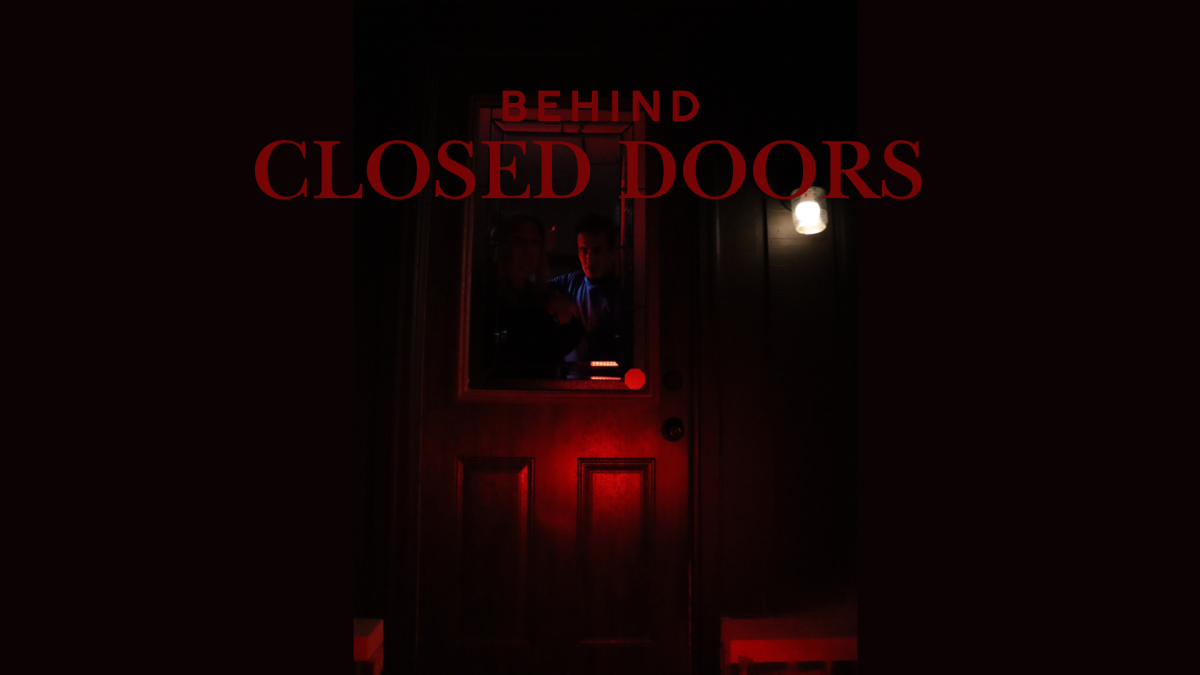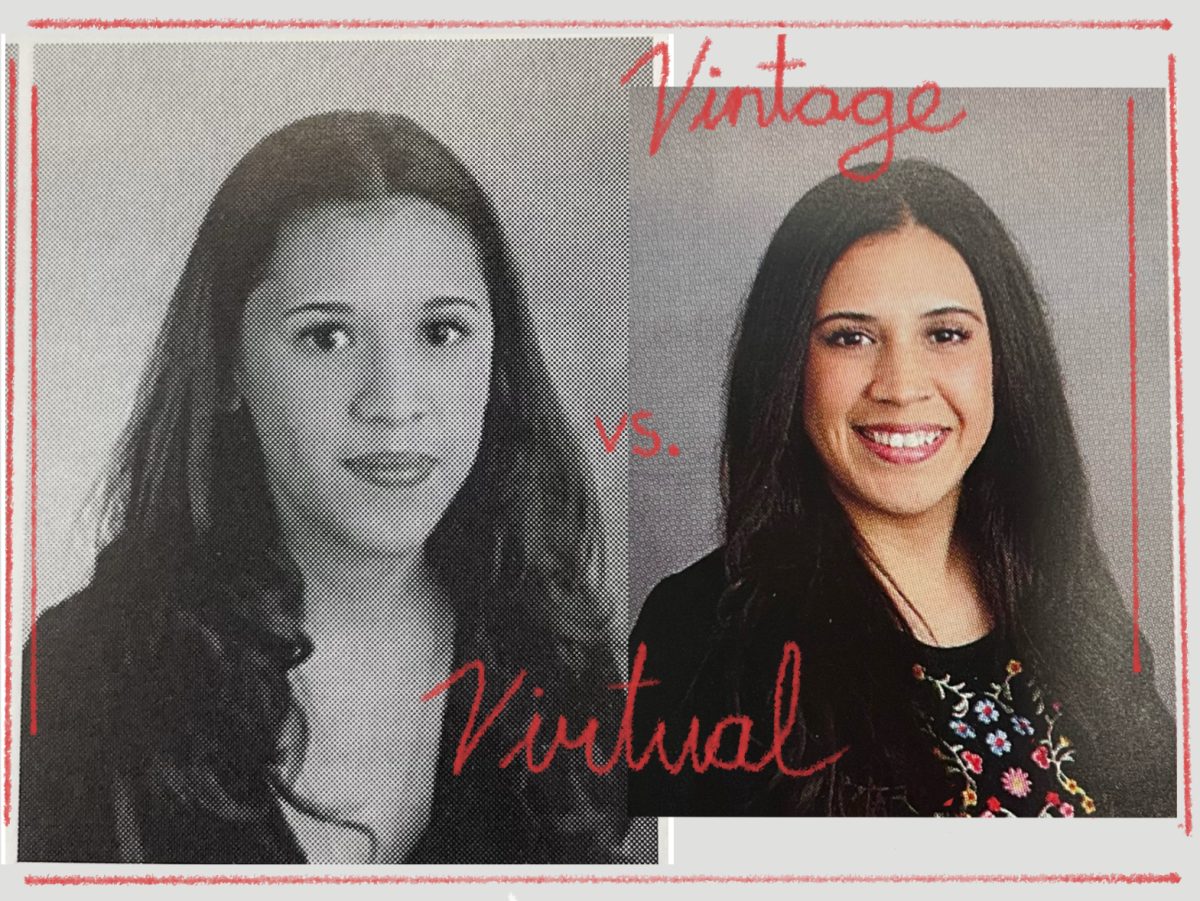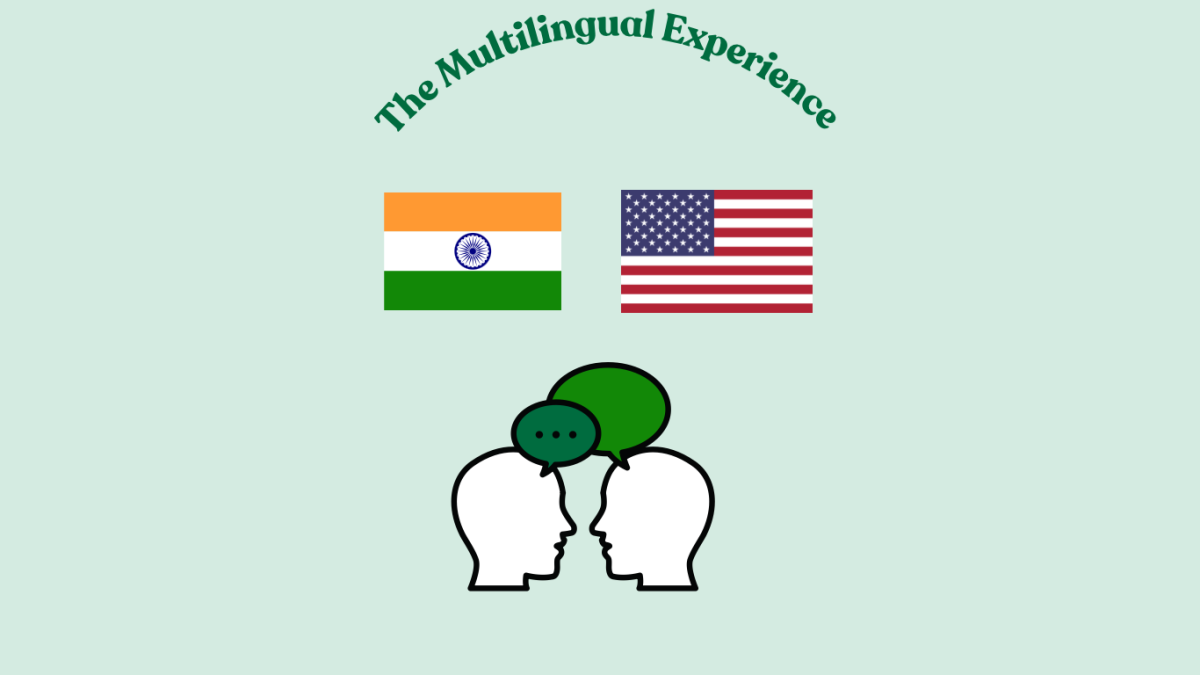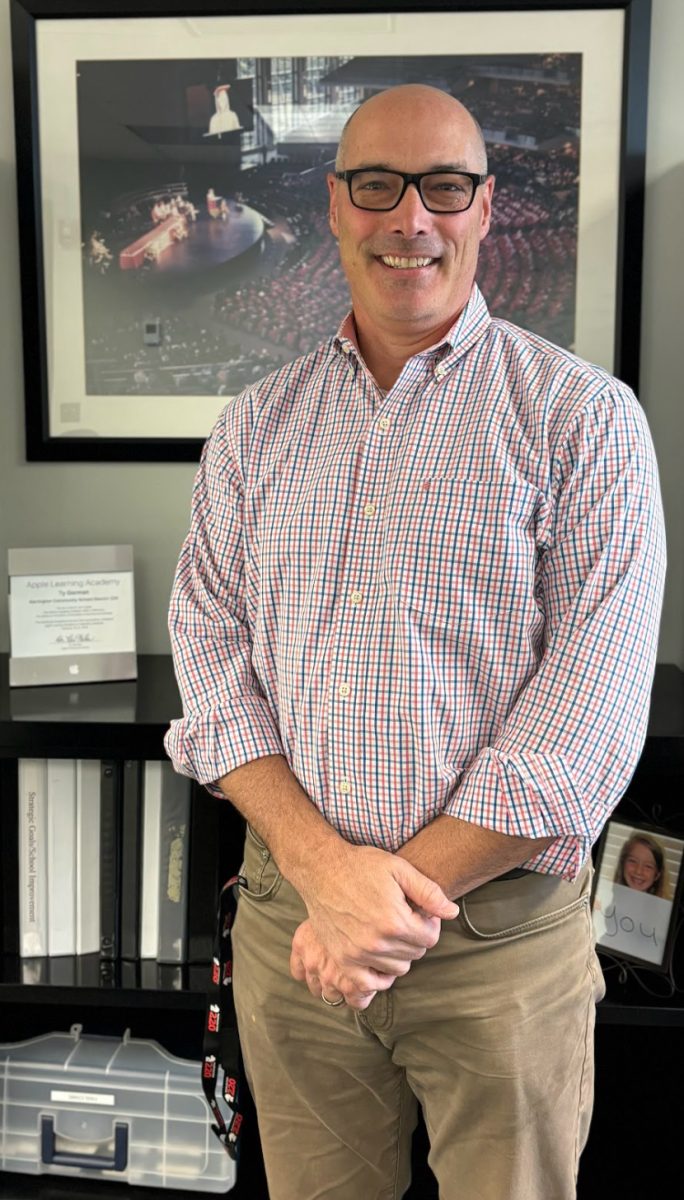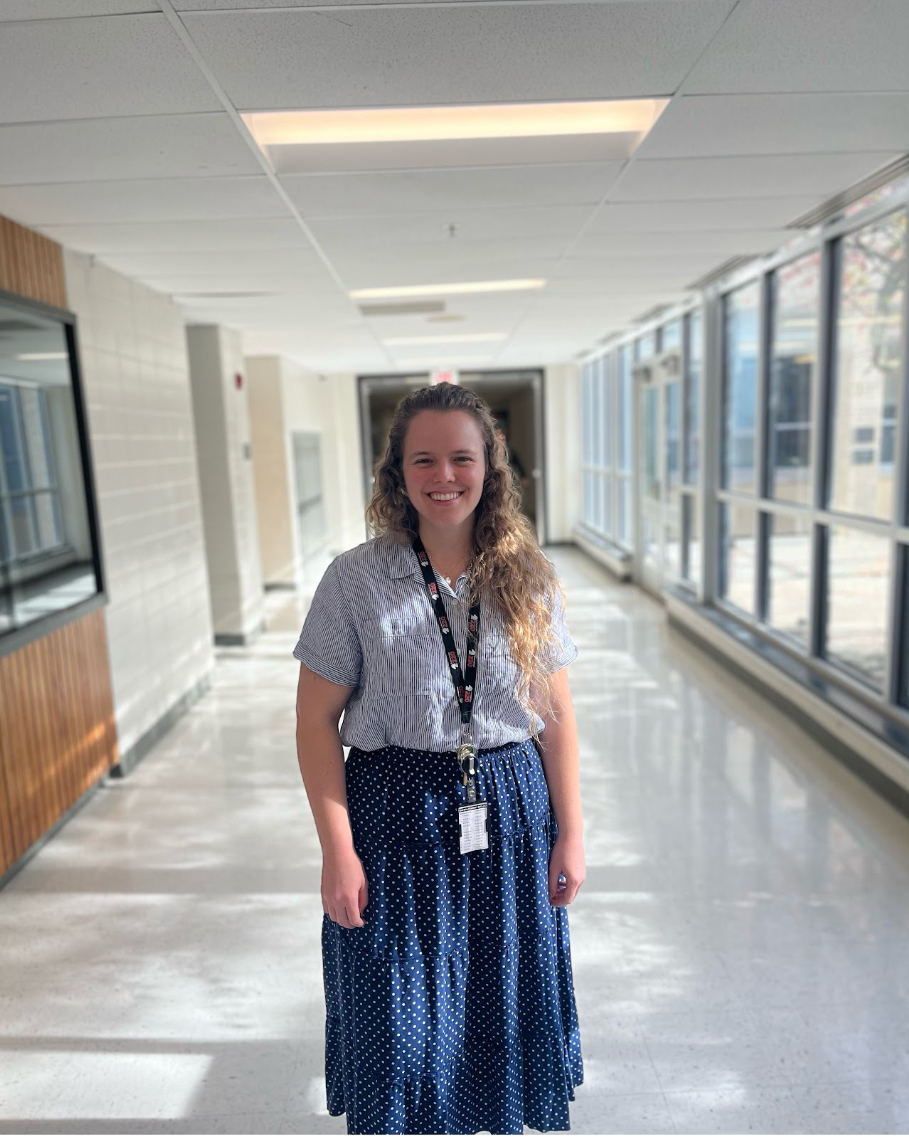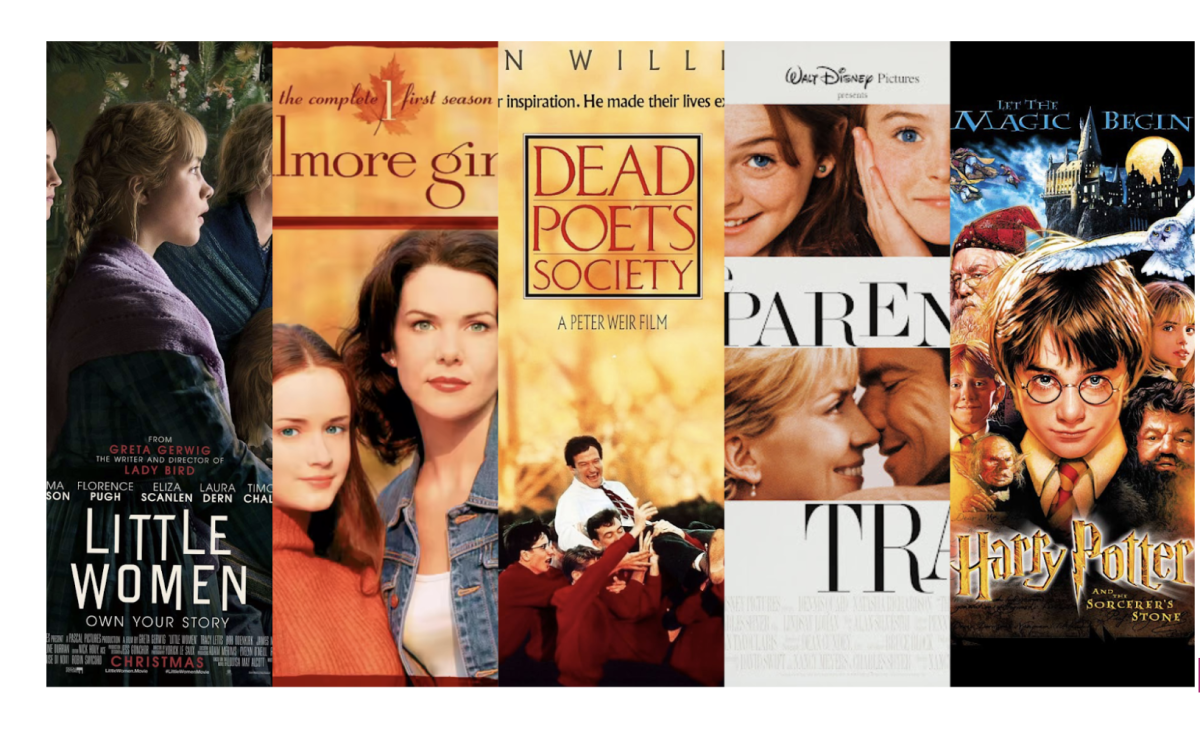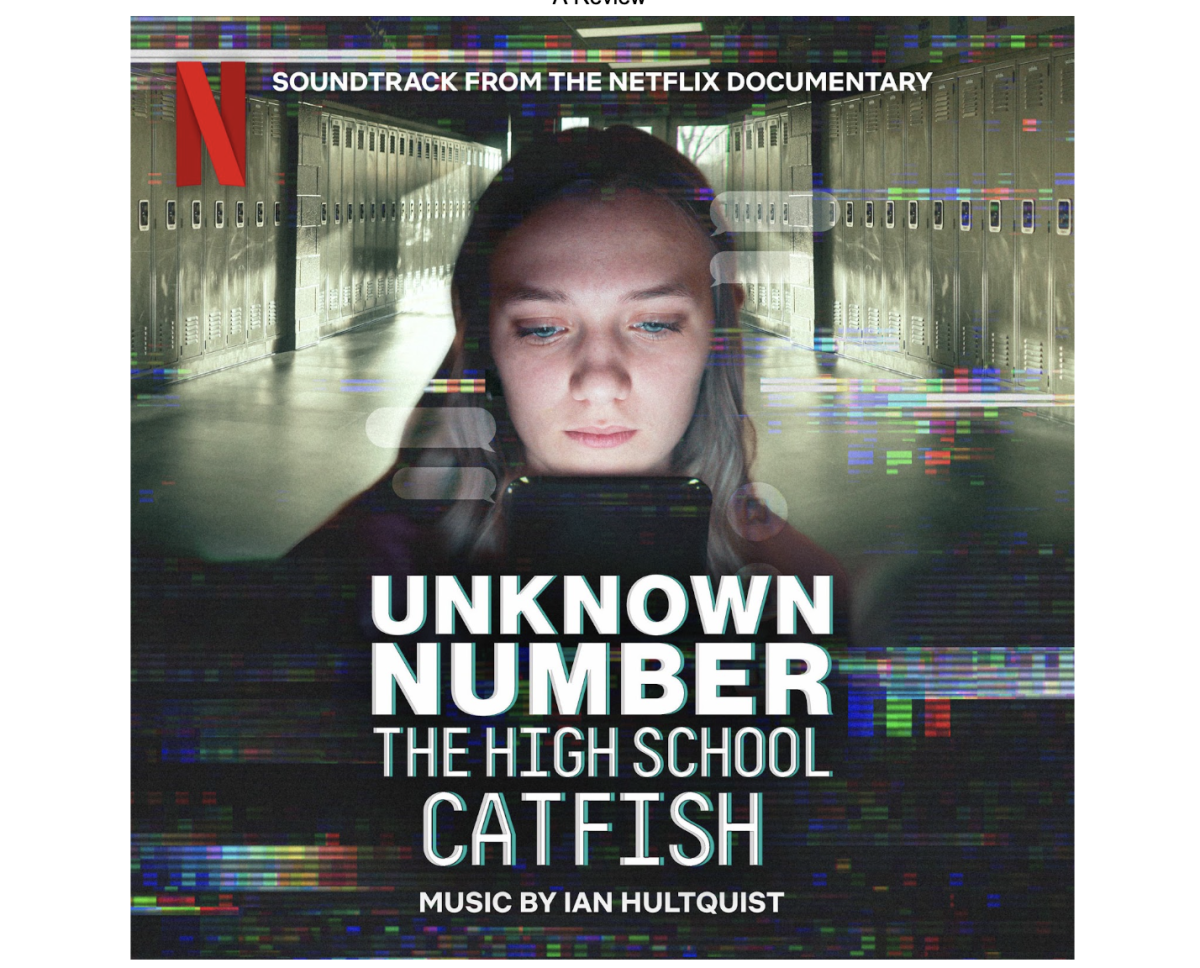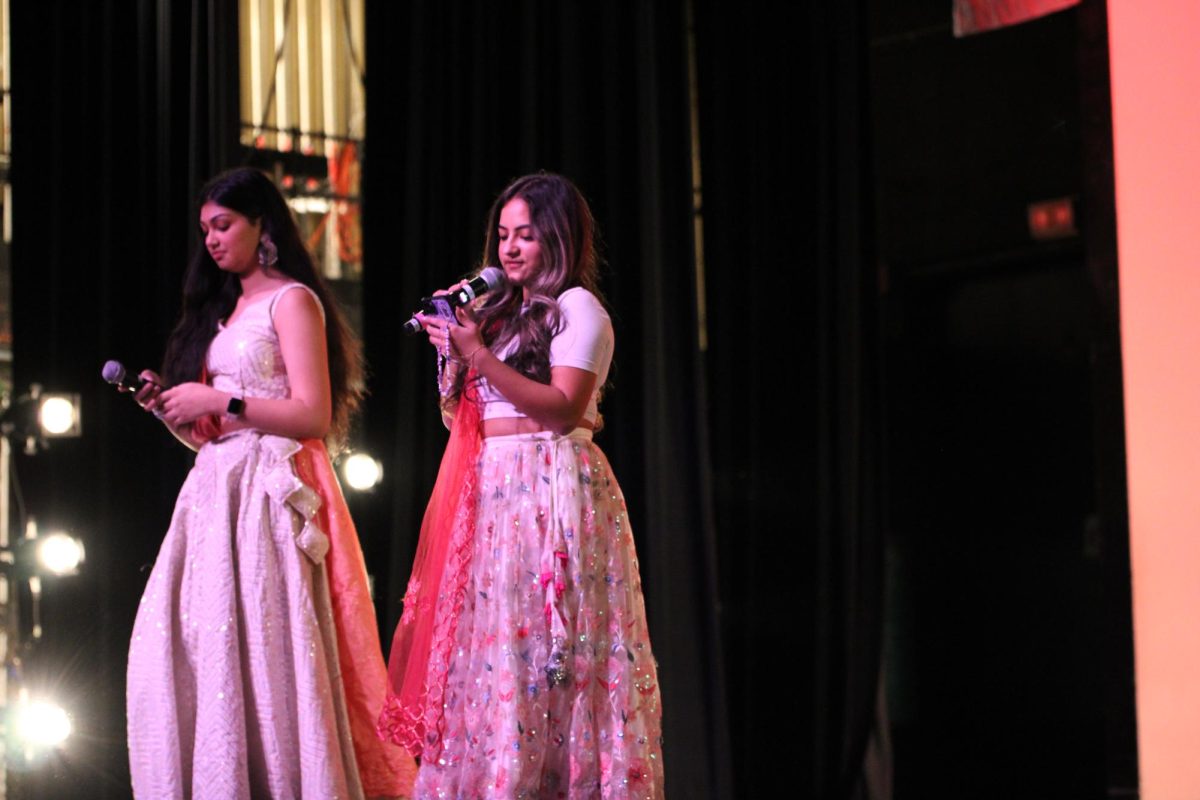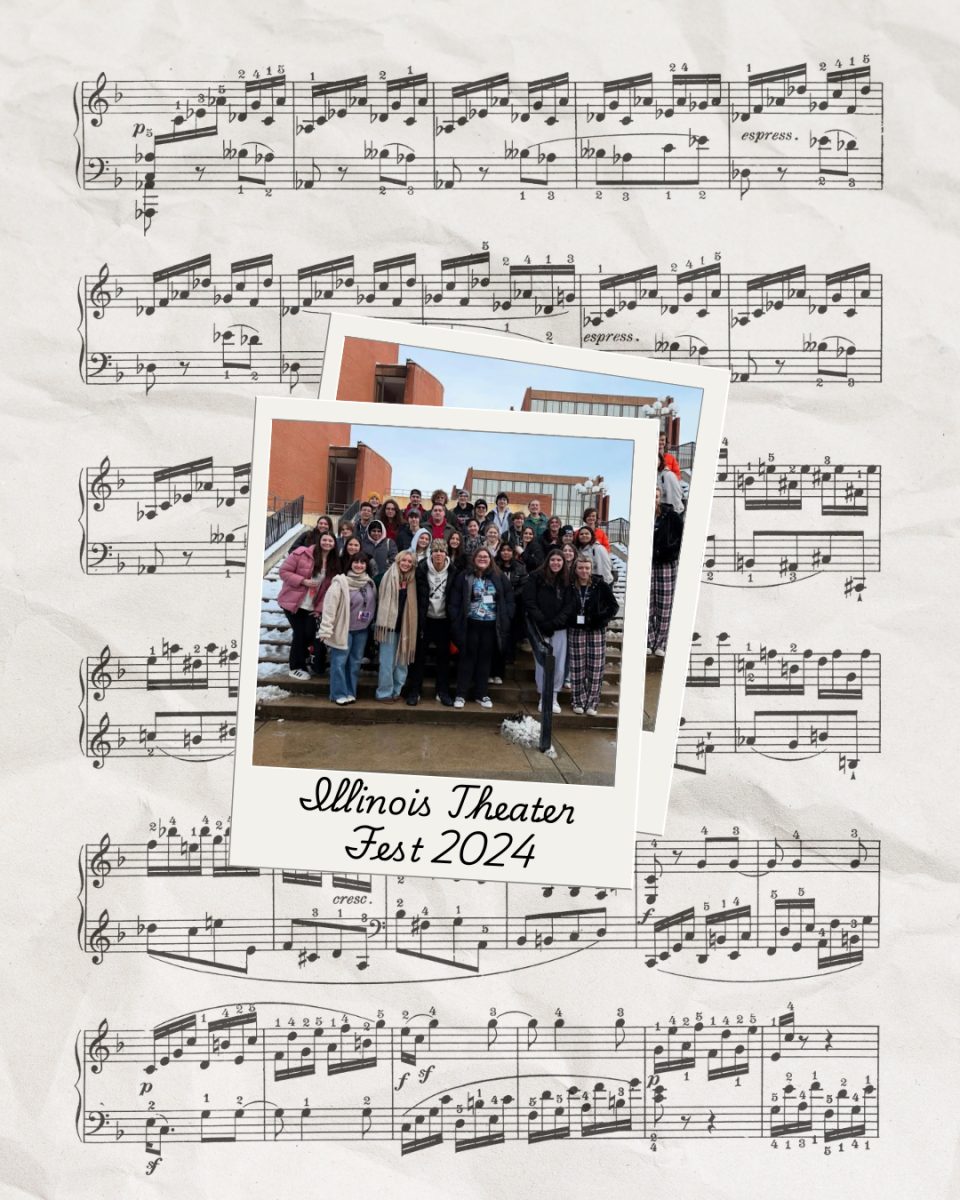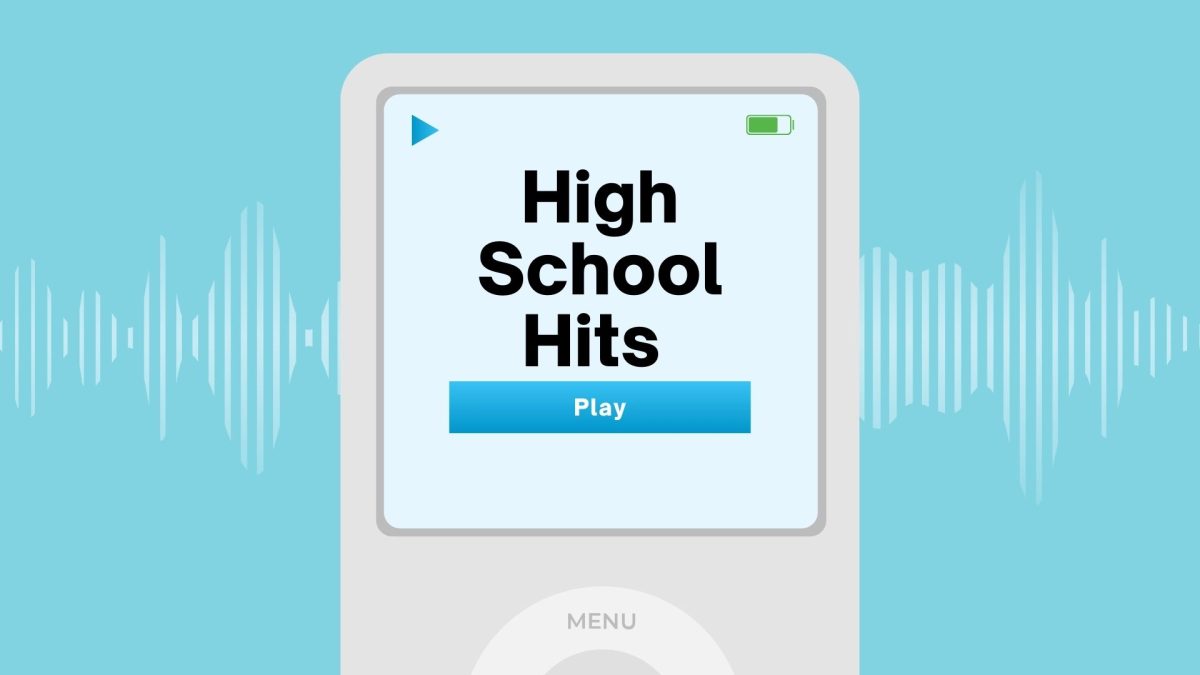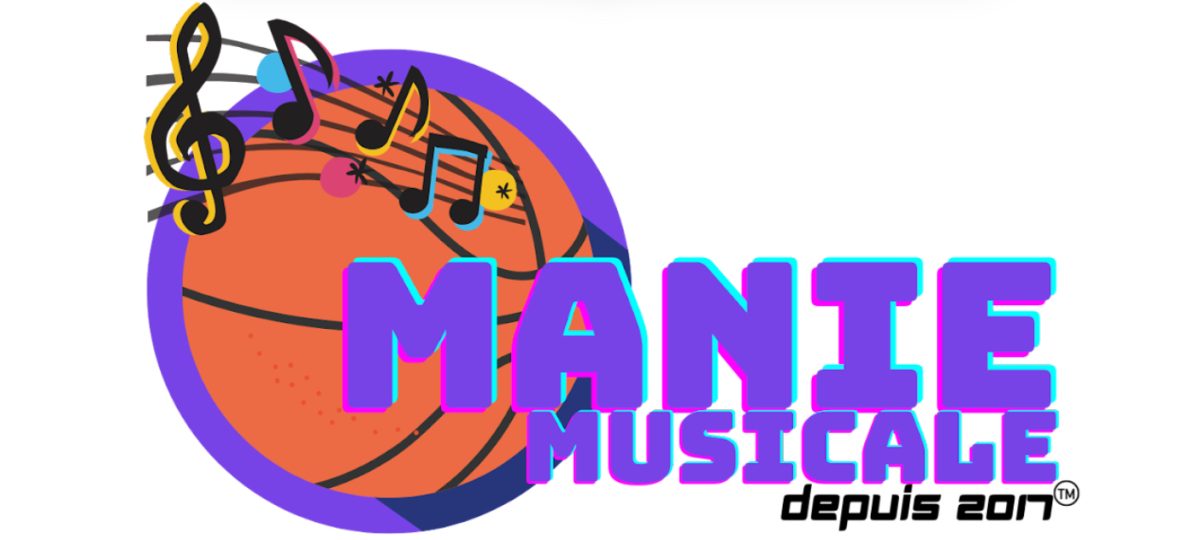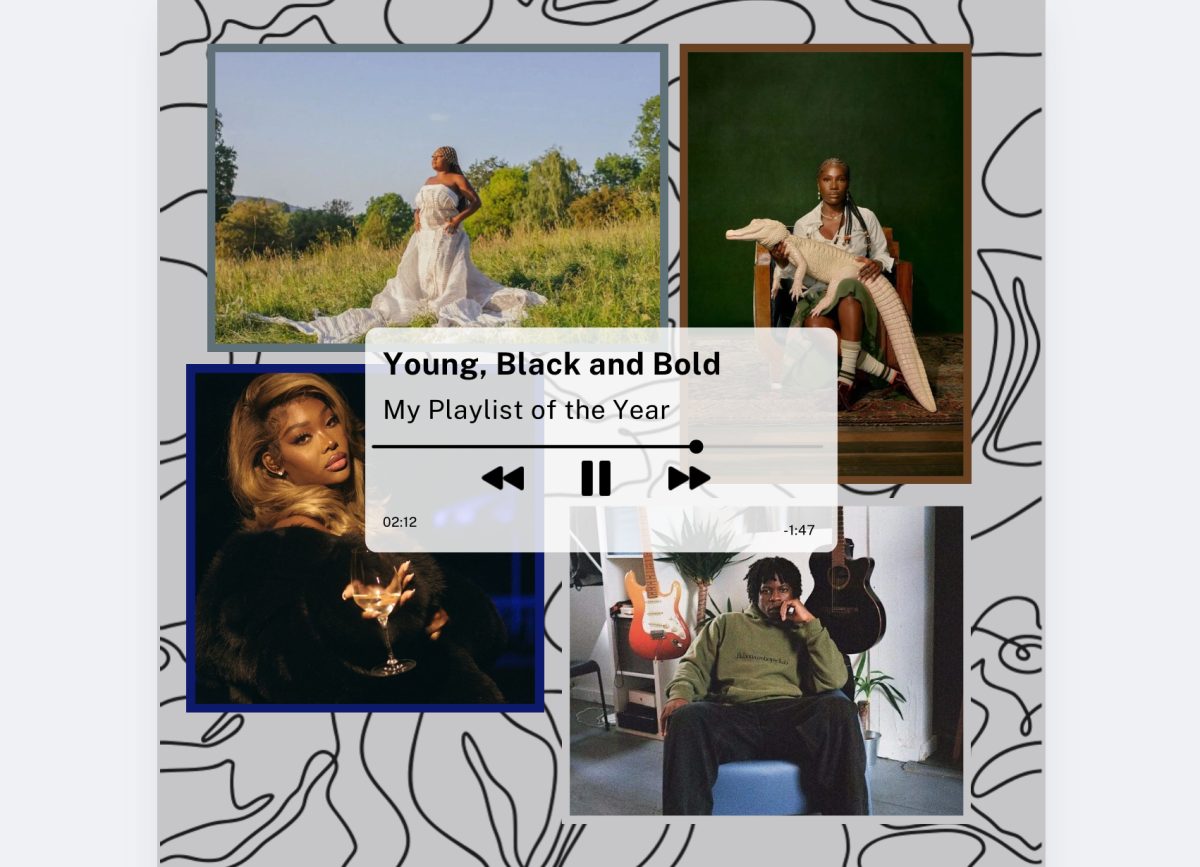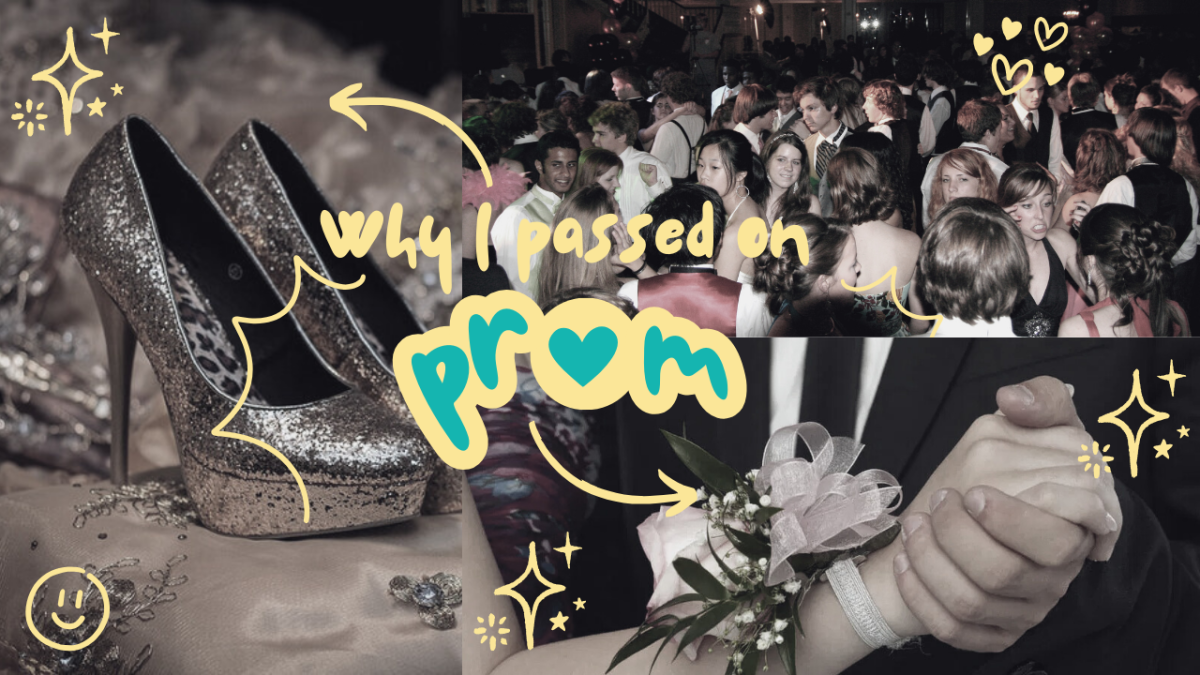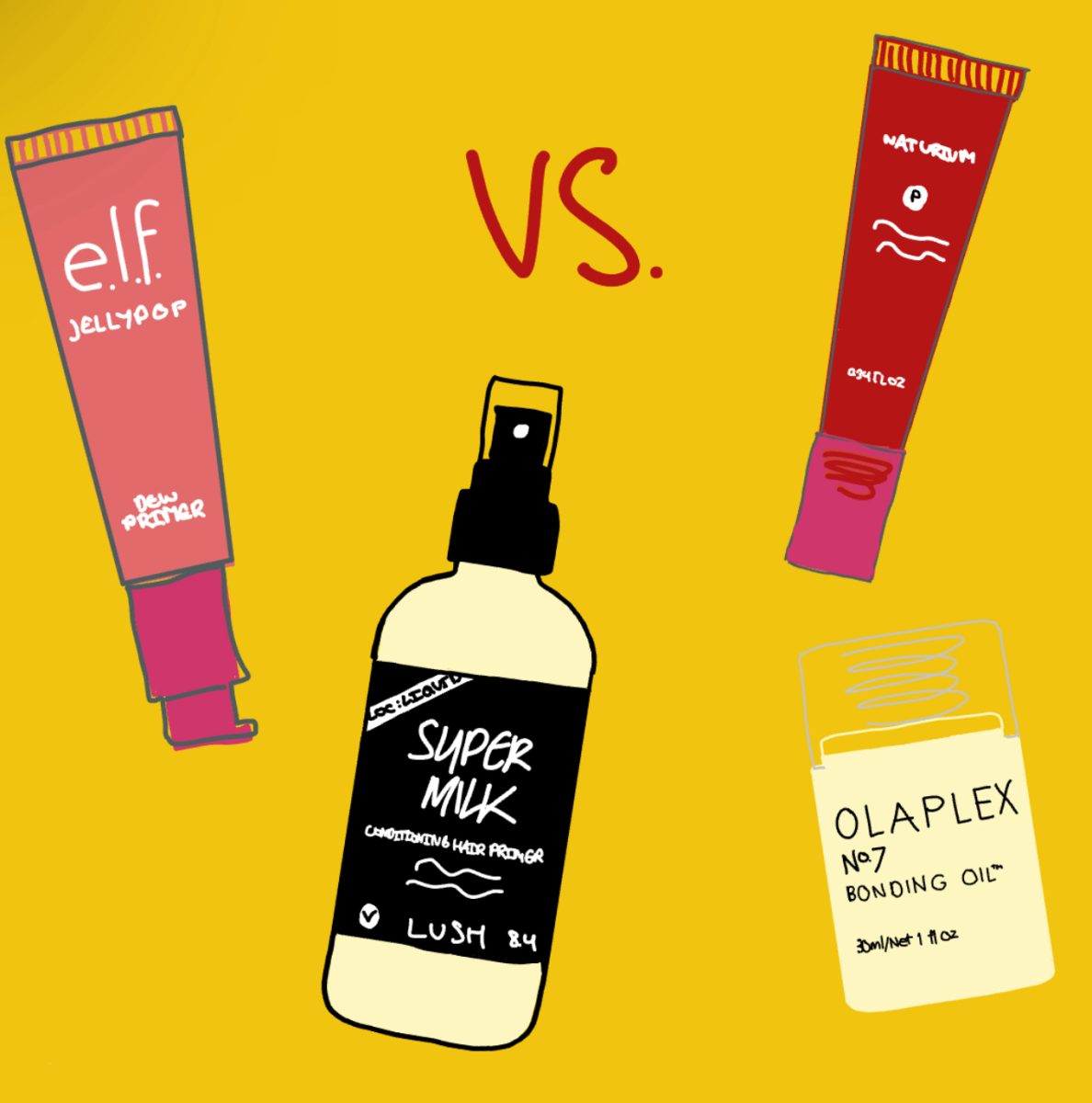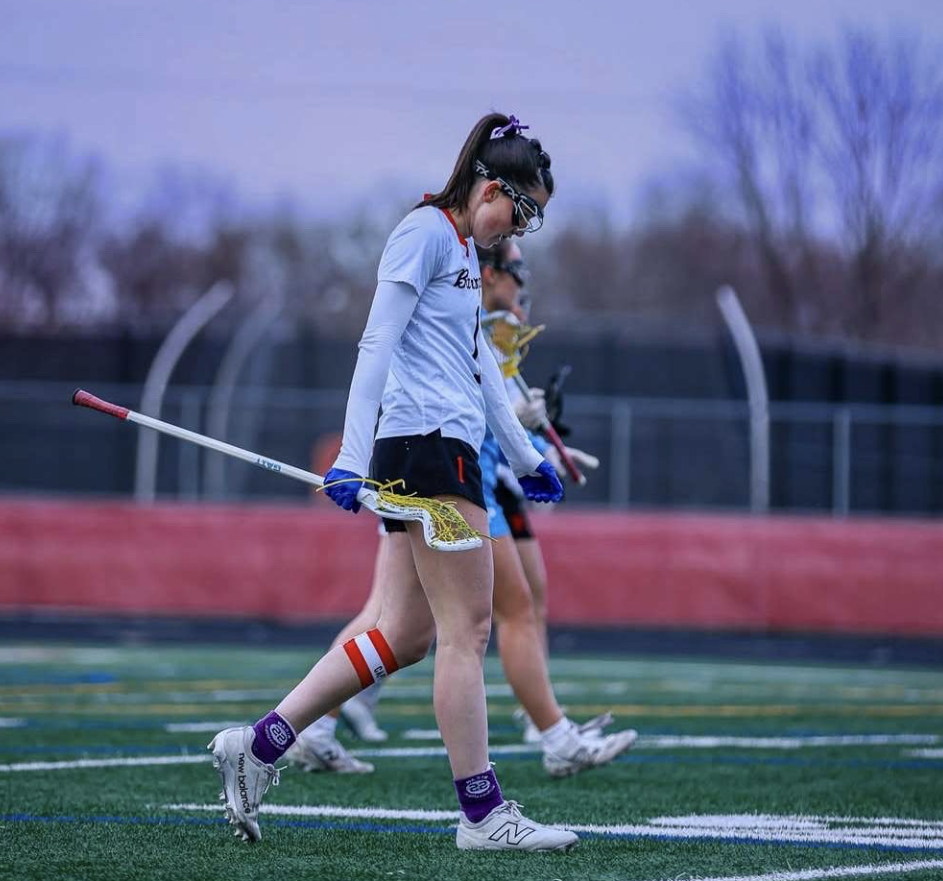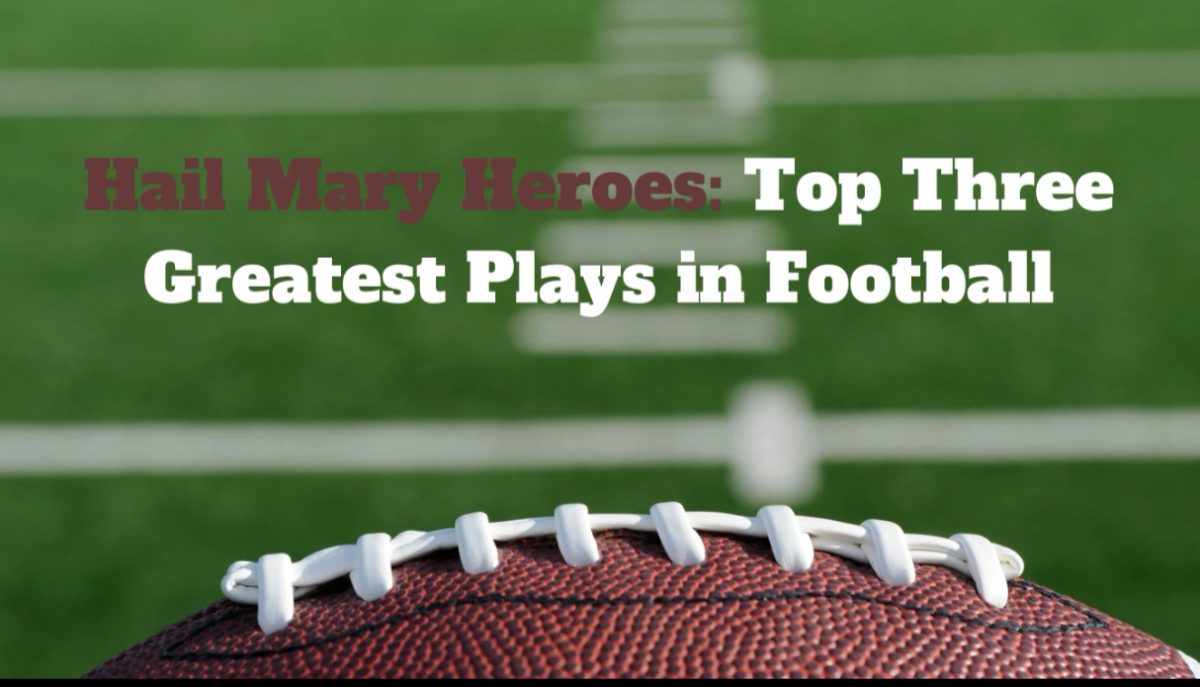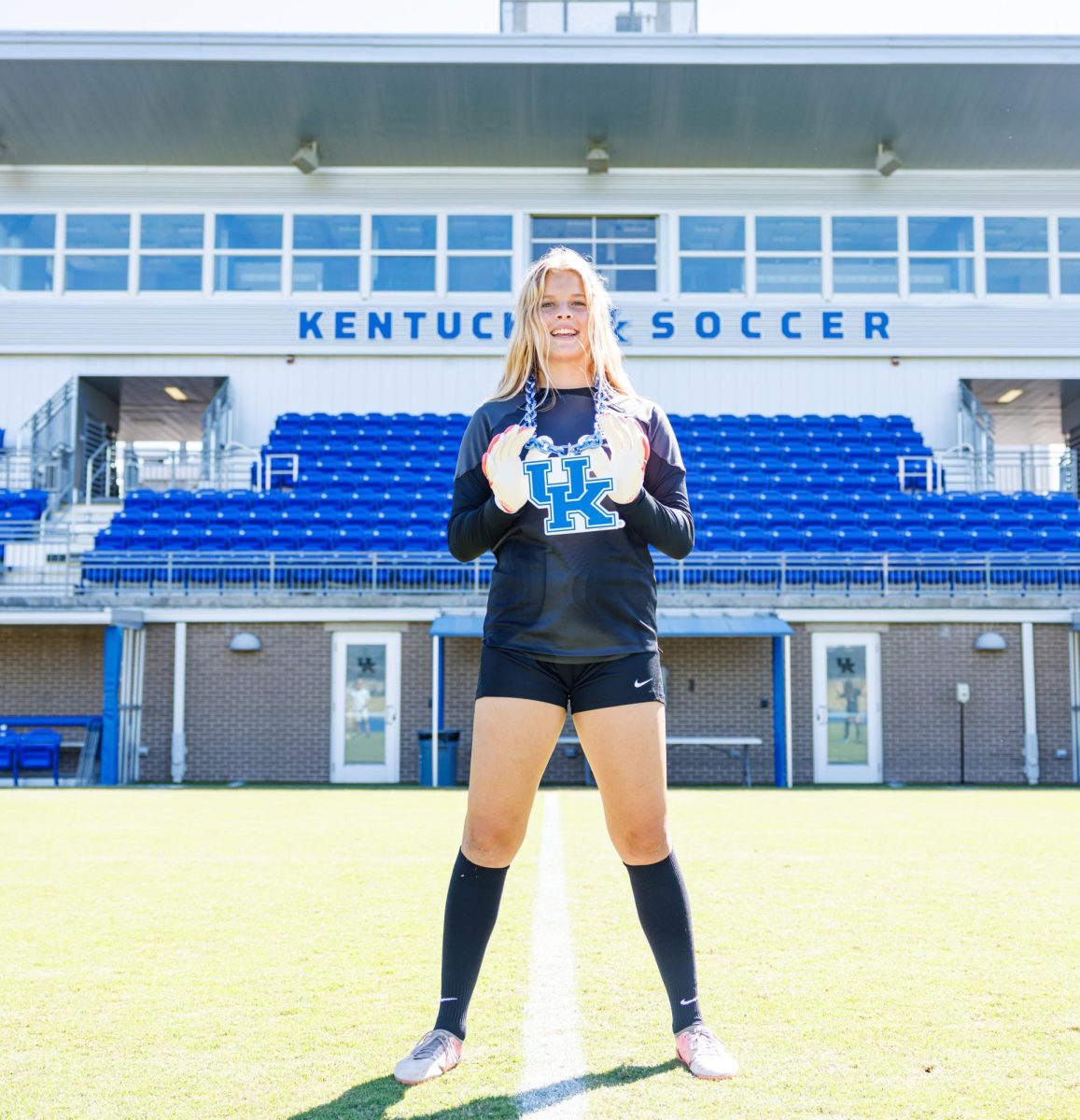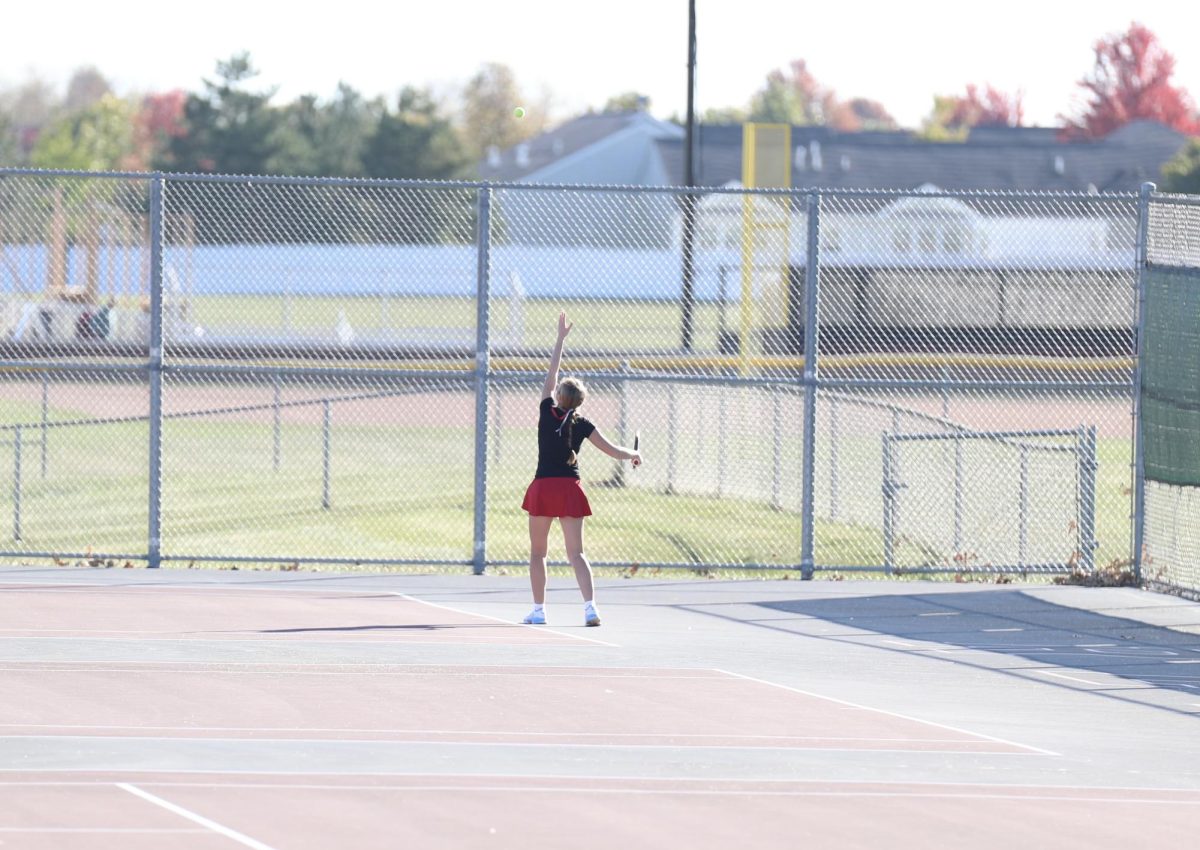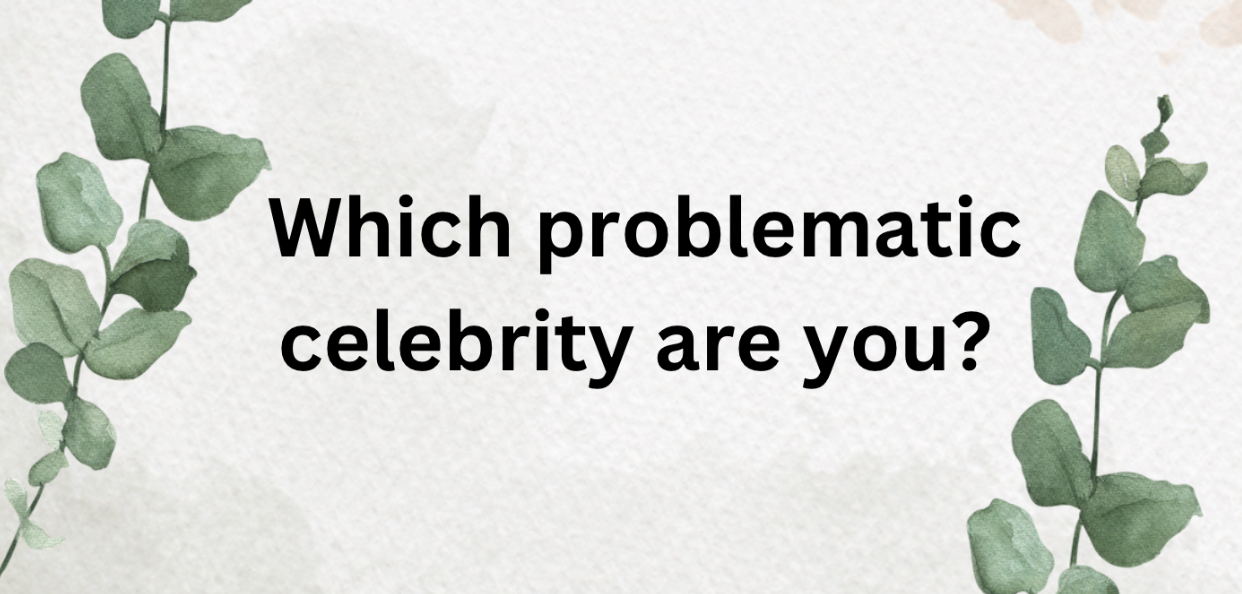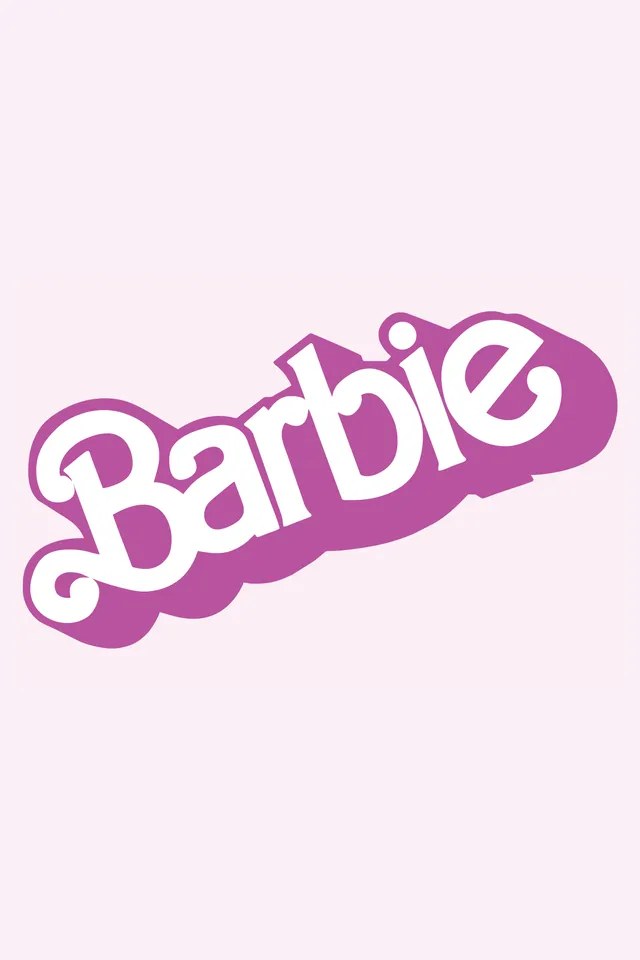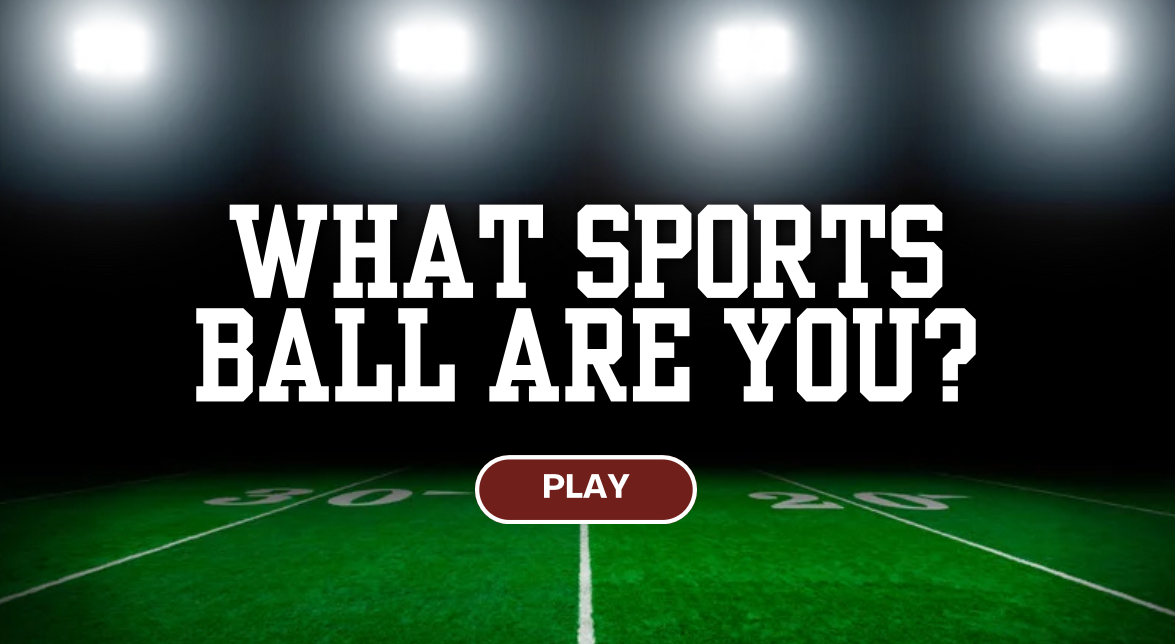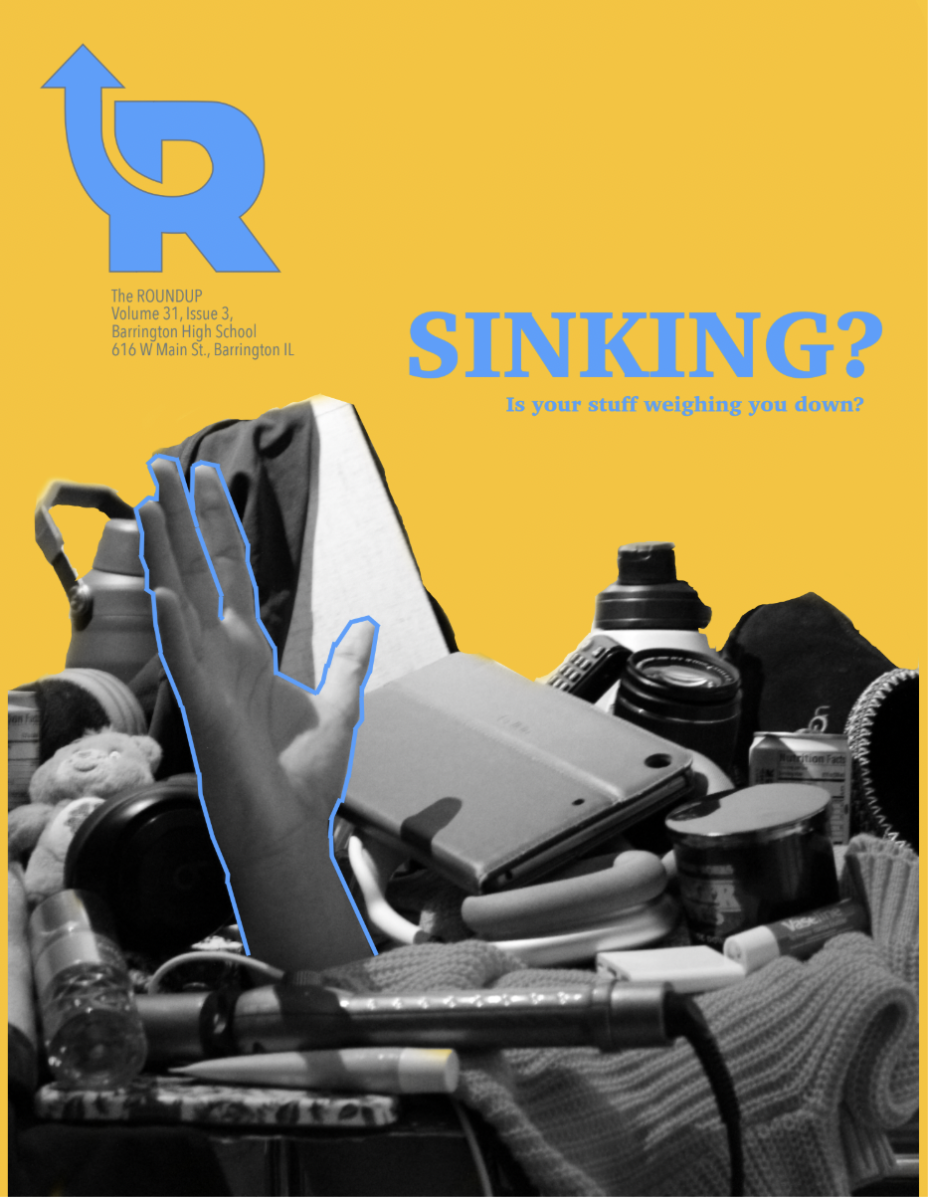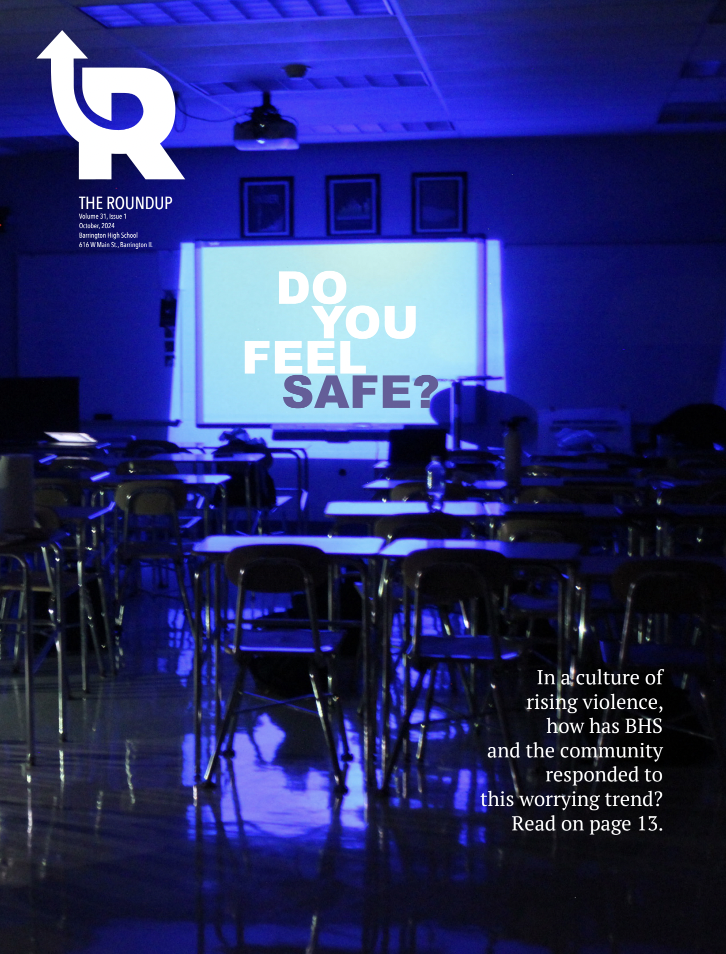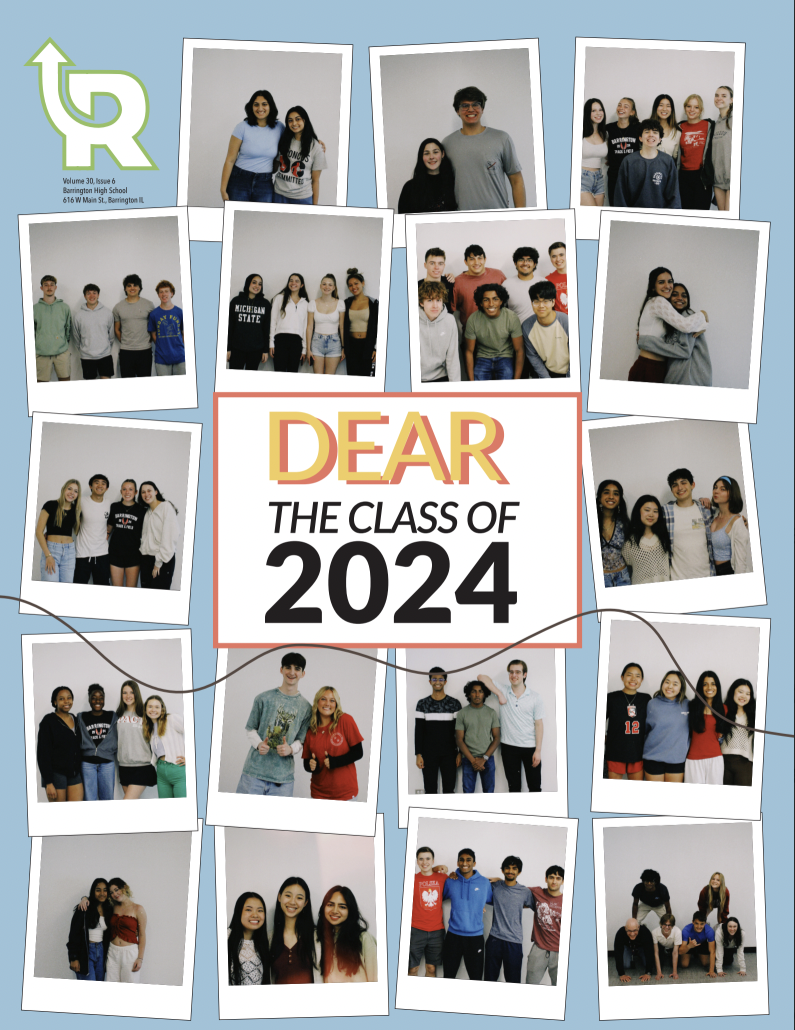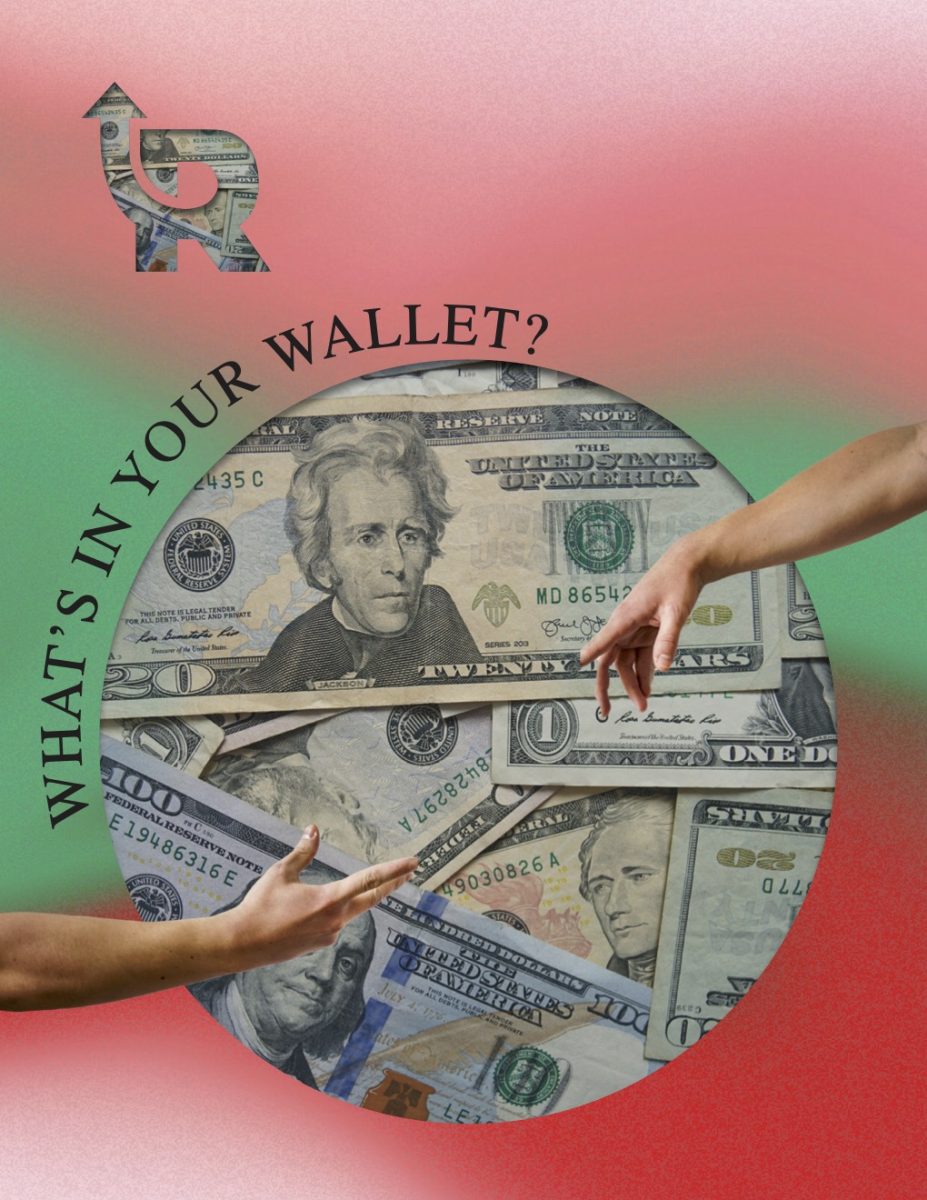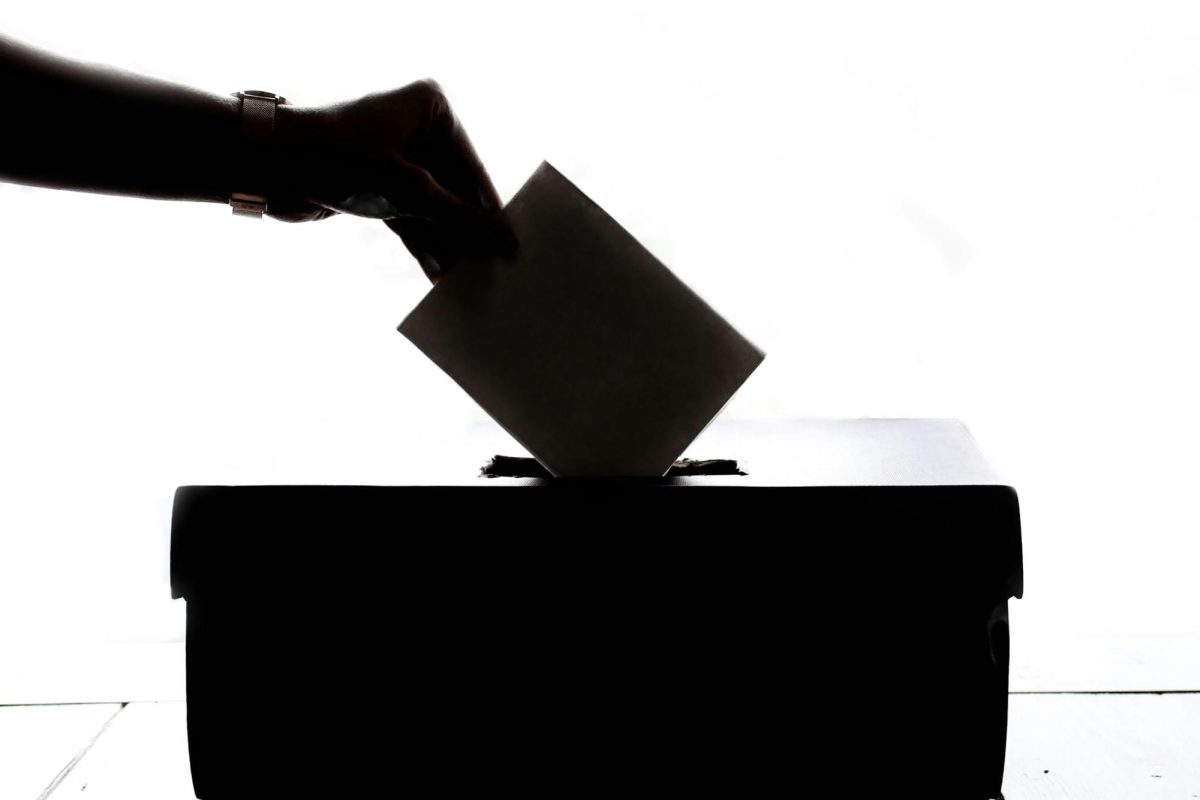Senior Daniel Devadas navigates his social media algorithm to help fully discover both sides of the political spectrum, and evaluates each political party based on who they nominate and what they offer. This all affects his political opinion, and the nuances that come with it.
“I consider [my political affiliation] somewhat right, because a large part of the right side of the political spectrum is questionable. I’d call it like, intellectually, ethically [questionable]. Because, like right now, the leading Republican nominee is Donald Trump, so I’m not a big fan of that myself. But at the same time, I see a lot of stagnation within just the general left side of the political spectrum,” Devadas said.
Devadas considers himself politically independent, and his affiliation with either side depends on factors such as policies.
“I like the security of Biden’s presidency, but I don’t like the administration itself. A lot of the policies he makes are just boring, kind of borderline useless. And so I consider myself a little bit more independent politically. Like, I don’t really choose Republican or Democrat, but in terms of actual policy meetings anymore, right, especially from a family perspective. Because to me, it feels like there’s been a lot of change as to what’s considered the center from, like, when I was a kid growing up in church,” Devadas said.
According to a survey by Gallup, 43% of people identified as politically independent. Many reasons can be applied to why people identify this way, but for senior Maxim Uvarov, he is generally more open minded.
Both students agree with educating oneself on situations, however they have different ways of doing so.
Uvarov’s opinion is affected by the texts he reads, one instance is where he read a book where one section detailed the effects of abortion. The text that Uvarov read was called, “Freakonomics”, and it had an example on how the crime rate was affected by Roe v. Wade’s outcome in the 1990s. Like, cities that allowed it earlier had their crime rate go down. For example, how New York and LA had a crime rate drop because they legalized it earlier.
Roe v. Wade was overturned in June 2022. This meant that abortion is not legally protected by the constitution, and individual states were to decide on its legality. Roe v. Wade was a very controversial topic, along with abortion. Especially among political parties. According to Pew Research Center, since 1995-2022, 61% of the answers to the poll say that abortion should be legal in all or most cases, while 37% of the answers say that it should be illegal in all or most cases. Pew Research also states that by 2022, 60% of Republicans or Republican-leaning people say that abortion should be illegal, whereas 80% of Democrats or Democratic-leaning people say it should be legal.
“So, I think that really the thing that pushed me to one side, but at the same time, I can still understand the other side. If someone truly does think that a fetus is a human being, then I can understand why they’re outraged, they think they’re killing babies. I can understand that even if I personally don’t agree,” Uvarov said.
According to AP News, an analysis was done that showed how algorithms made it easier for people to find information on topics that aligned with their political viewpoint, thus, leading to more polarization and misinformation. Devadas uses these algorithms to actively seek out both sides to see the deeper propaganda and come to his own conclusion. He also advises others to do the same.
“But people as a whole, I mean, I guess in the end, I’m mainly just addressing the people that are constantly posting from Instagram on Instagram stories, but take advantage of the resources you have to diversify your information sources. Because if you look at certain people’s followings, it’s very one-sided. Like, if someone is constantly posting stuff about oh, Israel shooting this, Israel’s doing that. Their following, it’s so one-sided, it’s no wonder that’s what they think,” Devadas said.
Devadas advises others to use the algorithms of social media to diversify their media intake, so they can better educate themselves on what is conservative and what is liberal. Then, can they better understand the situation and come to their own conclusions.
“And then I think, because these are really educated people that I’m talking about, like people that have done like, stupid things and debate and stuff, but it’s just critical information and people that have the capability to drive change in society. They have the skills, but if they misguide themselves, I will read they will misguide others, because obviously they think they’re doing the right thing and saying the right things and acting out of humanitarianism. But when you let your emotions take control of you, then you abandon logic,” Devadas said.
Uvarov believes in having an open mind because the media is always developing and showing selected information first. So, he waits until he has a bigger picture until he decides.
“And again, like, like going back to this open mind, this also comes from the fact that I don’t have some of these vested interests other people have, and I’m not saying that’s like, I’m not saying that’s better necessarily. I people will have their own reasons for what they believe but you know, I don’t see it as super important to me personally. And I again, I’m lucky to be able to say that because I’m part of like, no minority groups at all,” Uvarov said.
Uvarov and Devadas both believe in thinking critically about the information being provided, and forming opinions on that. In the end, this is what they believe in based on their experiences. With these opinions, they have to come to a consensus with both their friends and family.
Uvarov generally doesn’t get into big discussions about politics with his family, but sometimes he will.
“Sometimes I’ll get into a small discussion with my sister, or my dad on occasion. But again, this is kind of rare. Because we’re all like, fairly similar. I know, like, my dad. He’s a bit more conservative, but generally, we’re not like, there’s only been a few times like, me and my sister and my dad were all like, pointing guns at each other like, yelling. That usually doesn’t happen,” Uvarov said.
Devadas has friends he agrees with, but he also has friends that don’t always believe the same way.
“My close friends agree with me. I mean, we have our slight differences as to humor, but for actual policy, we generally agree because there’s a lot of things that are just kind of logical, and arguments can be made. So my close friends, we all agree. I’ve friends outside of that, that we agree a little bit less, but they’re still good people. They’re not willing to just leave their friends just because they find two faults in them,” Devadas said.

